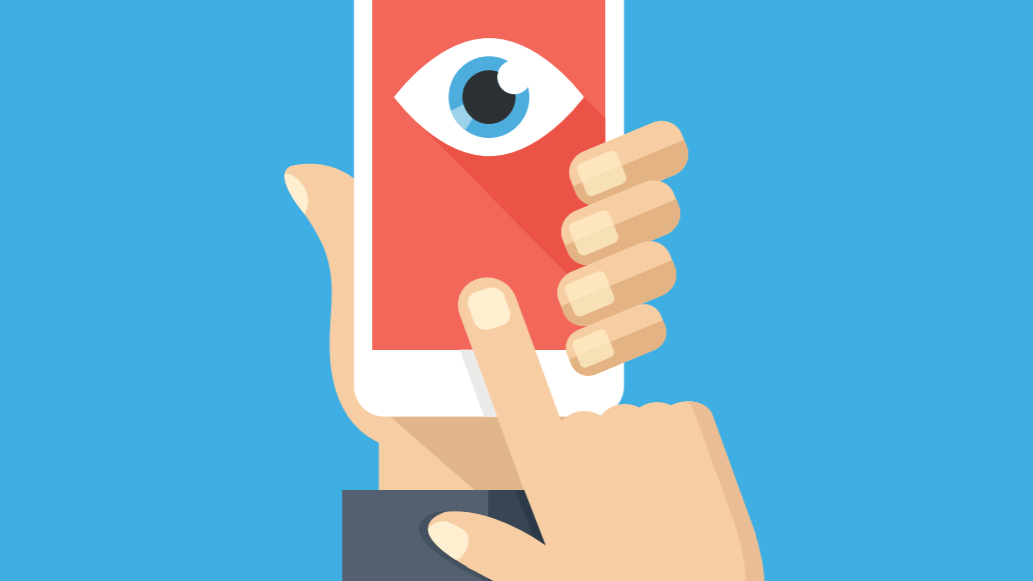Stalkerware has been out of control since the pandemic began
Could someone be tracking your movements and online activity without your knowledge?

Sign up for breaking news, reviews, opinion, top tech deals, and more.
You are now subscribed
Your newsletter sign-up was successful
As cyber threats targeting employees working from home have increased during the pandemic, so too have the number of stalkerware and spyware apps installed on user's smartphones.
According to the cybersecurity firm Avast, there has been a 93 percent increase in the use of stalkerware and spyware apps in the UK since lockdown measures were first introduced. As part of this year's National Stalking Awareness Week, the firm along with the inter-governmental organization Interpol are trying to bring more attention to this growing threat.
Although stalkerware and spyware are both unethical forms of tracking software, spyware is a form of malware that tries to remain hidden on a user's device and sends information back to a malicious agent while stalkerware is usually secretly downloaded onto a victim's device by someone they know.
- Keep your devices virus free with the best malware removal software
- These are the best antivirus software solutions on the market
- Also check out our roundup of the best ransomware protection
Chief information security officer at Avast, Jaya Baloo provided further insight on the growing threat of both stalkerware and spyware in a press release, saying:
"The growth in stalkerware and spyware poses a huge concern. Stalkerware is a form of tech abuse, an increasing threat which takes away the physical and online freedom of the victim. Usually installed secretly on mobile phones by so-called friends, jealous spouses and ex-partners, stalkerware tracks the physical location of the victim, monitors sites visited, phone calls and text messages, undermining a person's online freedom and individual liberty."
Preventing, identifying and removing stalkerware
If you believe you are at risk of having stalkerware installed on your devices by a so-called friend, jealous spouse or ex-partner, Avast recommends that you secure your smartphone against all unauthorized physical access by using two factor authentication (2FA) such as a pin code and a second form of identity confirmation like an email backup or thumbprint.
Additionally, you should install antivirus software on your mobile phone as a reliable mobile antivirus app will treat stalkerware as a potentially unwanted program (PUP) and give you the option to remove it.
Sign up to the TechRadar Pro newsletter to get all the top news, opinion, features and guidance your business needs to succeed!
If you believe that stalkerware is already installed on your device though, spotting the signs is an essential first step to removing it. Common signs of stalkerware include slow device performance that is sudden or unexpected, settings that have been changed without your consent, odd messages and unexplained calls on the bill from your mobile carrier.
At the same time, if an abuser has physical access to your device or knows things about what you're doing, where you're going and who you've been communicating with, then they may have already installed stalkerware on your smartphone. Stalkerware can also be manually removed from your device by rebooting into safe-mode and removing any suspicious apps or ones that you don't remember downloading.
Stalkerware and spyware are a growing threat but by knowing how to spot the signs and keeping your device safe and secure at all times, you can prevent falling victim to unwanted tracking.
- We've also highlighted the best endpoint protection
After working with the TechRadar Pro team for the last several years, Anthony is now the security and networking editor at Tom’s Guide where he covers everything from data breaches and ransomware gangs to the best way to cover your whole home or business with Wi-Fi. When not writing, you can find him tinkering with PCs and game consoles, managing cables and upgrading his smart home.
